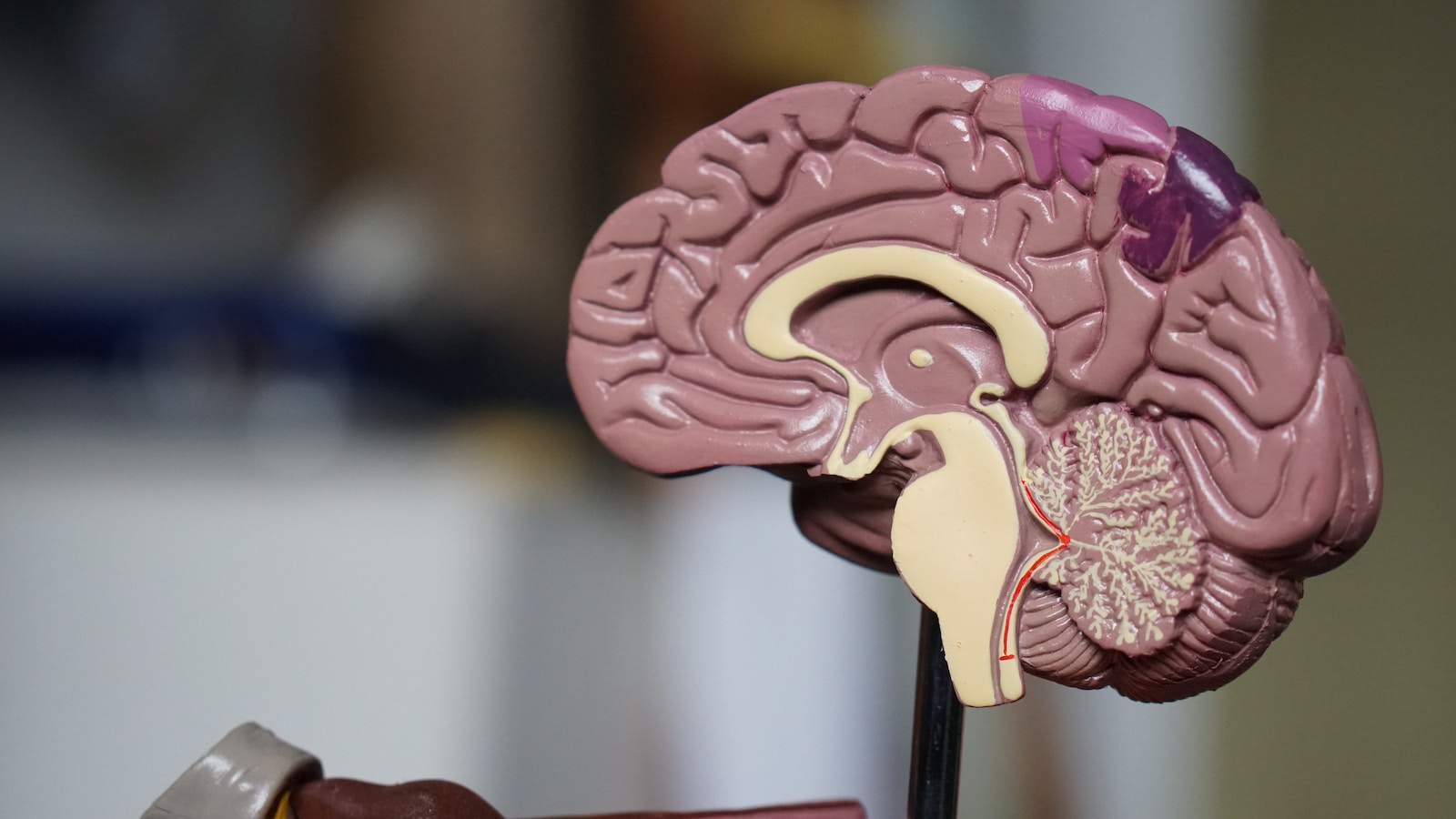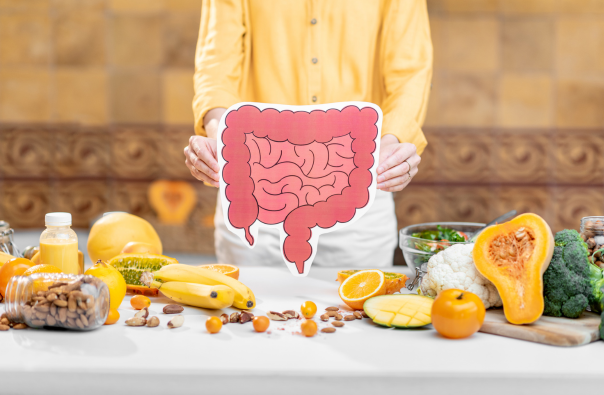Probiotics are often said to be the answer to gut health problems, but what’s actually known about them? In this blog, we’ll take a look at what probiotics are and how they affect gut health. We’ll also break down some of the myths and facts about probiotics and give you some tips on how to get the most out of them in your diet.
So whether you’re looking to boost your digestion, give your immune system a boost, or just want to learn more about the world of probiotics, we’ve got you covered.

What Are Probiotics?
Probiotics (sometimes called the “good bacteria”) are living organisms that provide health benefits when you consume them in sufficient amounts. Most of them live in your gut and help maintain a healthy balance in your delicate ecosystem. Microbes work hard to help you digest food, strengthen your immune system, and even improve your mental health. There are different types of probiotics, each with their own set of advantages. Some of the most common types of probiotics are lactobacillus (a type of bacteria), bifidobacteria (a type of fungus), and saccharomyces (a type of yeast). Each of these bacteria plays a unique role in your gut health.
The Benefits of Probiotics
Probiotics are good for more than just your digestive health. They help create a healthy and diverse gut microbiome, which helps protect us from a bunch of different diseases. They can help with things like irritable bowel or diarrhea, and they can even help us absorb more nutrients. Plus, studies have shown that probiotics can help treat inflammatory conditions and allergies, so it’s clear that probiotics have a big impact on our health.

Myths and Facts About Probiotics
There’s a lot of misinformation out there about probiotics. People are wrong about how effective they are, they’re wrong about how safe they are, and so on. So let’s take a look at some of the biggest myths out there.
All probiotic supplements are the same: This is not true. Every single probiotic supplement available on the market could be different, with different strains of organisms and microbe concentrations.
Probiotics are only beneficial for digestive health: Probiotics have been shown to have a wide range of health benefits, including boosting the immune system, reducing inflammation, and improving mental health.
Probiotics can cure all gut-related problems: While probiotics can be helpful in treating certain conditions, they are not a cure-all for gut-related problems.
Probiotics are only found in supplements: Probiotics are also found in many foods, including yogurt, kefir, sauerkraut, and kimchi.
Probiotics are dangerous for people with weakened immune systems: While it’s true that people with weakened immune systems should be cautious when taking probiotics, they can still be safe and effective when used properly.
Choosing the Right Probiotic
Choosing the right probiotic for you is really important. There are so many options out there, so it’s important to pick the one that’s right for you. Think about what kind of probiotic it is, how many CFUs it makes, and what it’s supposed to do (like boost your immune system or keep your digestive system healthy). Plus, adding natural probiotics to your diet like yogurt and kefir can help naturally boost your gut health.
Conclusion:
Having a good understanding of probiotics can be like having a one-size-fits-all solution for your gut health. With the right information, you can make informed decisions that benefit your gut as well as your whole body.
For further reading and exploring the world of gut health, check out these resources:










